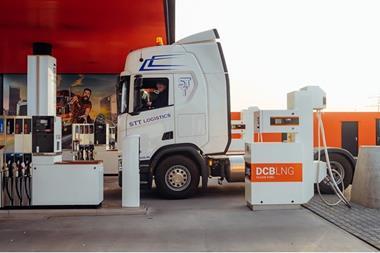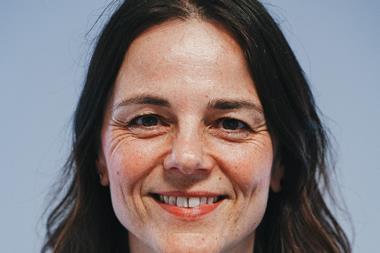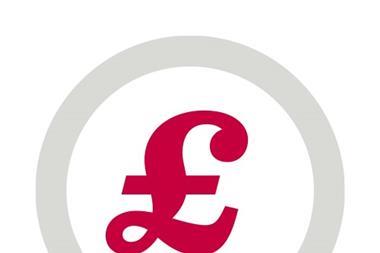International oil markets edged higher in November as winter heating demand kicked in. But crude oil still looked well supplied ahead of an Opec meeting on December 5 in Vienna, when the cartel will consider production levels in concert with key producers such as Russia.
Brent crude futures ended November at $62.43/bl, up just over $2/bl from the end of October. UK pump prices were lower on the month, with diesel at its cheapest since February, and petrol at its lowest since April.
Opec has a million barrel problem next year. Demand for its crude is expected to drop by this amount in 2020, as producers outside the cartel increase production and demand growth is stymied by an uncertain global economy. The IMF forecasts global GDP growth at just 3% this year, the slowest pace since the Great Recession, after its fifth consecutive downward revision in its estimates. Oil stocks are already very high, standing at some 21 mn bl above the five-year average in the developed economies of OECD countries.
Reducing Opec oil output looks like a non-starter with several Opec members already struggling to comply with current quotas and the organisation will rely on Saudi Arabia to lead the way. The kingdom is anxious to prop prices up ahead of the record-breaking initial public offering (IPO) of state oil company Saudi Aramco. The IPO has drawn a lukewarm response from international investors, particularly after the attack on Saudi oil facilities in September, but still values the company at $1.25 trillion.
European diesel markets have confounded most pundits. Prices have come off more than $5/bl relative to crude, despite imminent changes in regulations reducing sulphur content in shipping fuels, which was expected to cut into diesel supply. This helps explain the lower prices at the pump, as has a switch away from diesel vehicles in the UK.
All eyes will be on Opec. The organisation has already had to co-opt other critical producers such as Russia into its strategies, but its grip on oil prices diminishes every year. Other producers such as the US, Brazil, Norway are becoming increasingly important and Opec can no longer call the shots.

































No comments yet